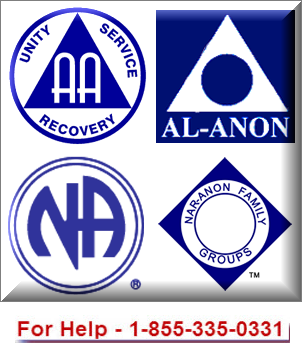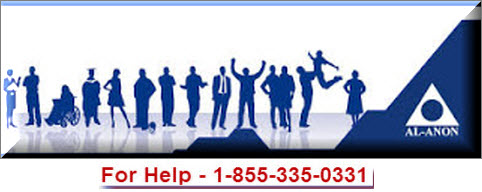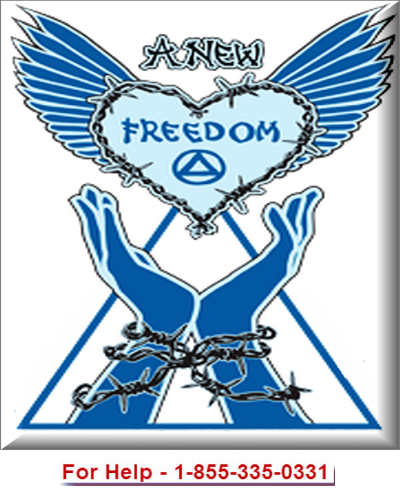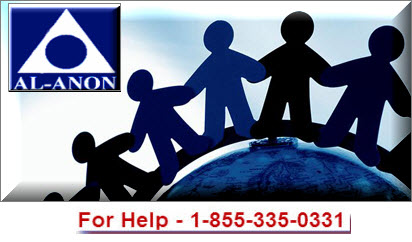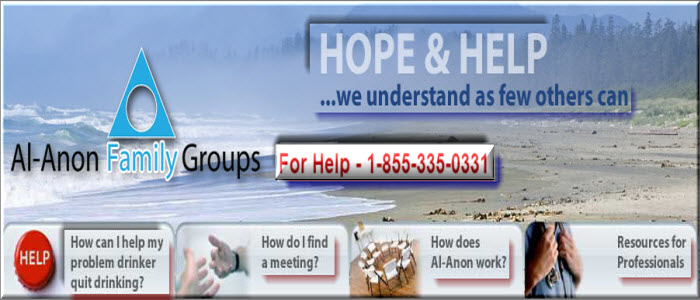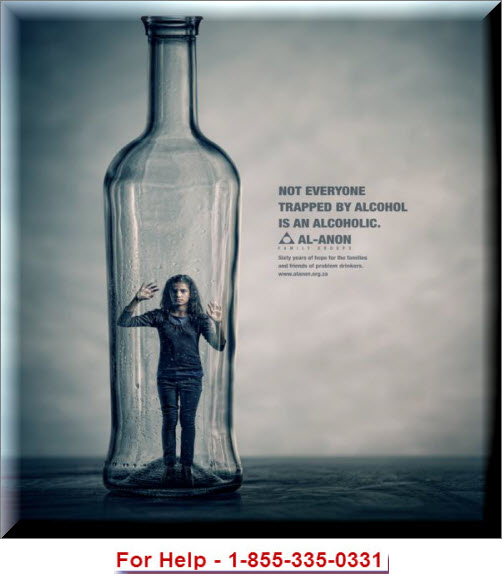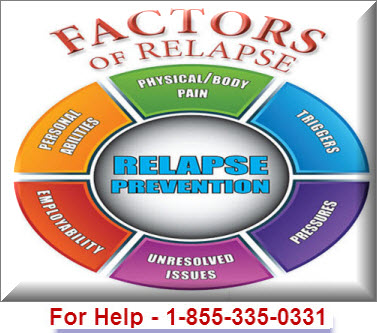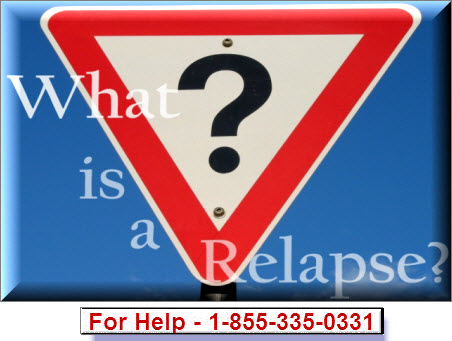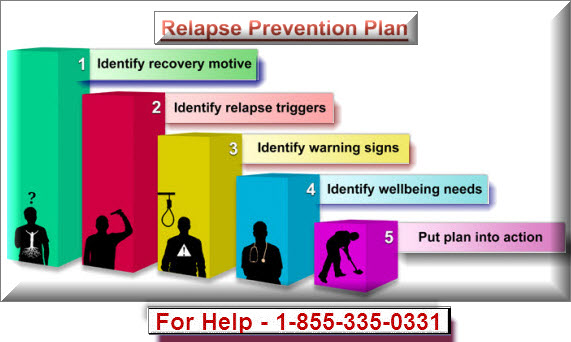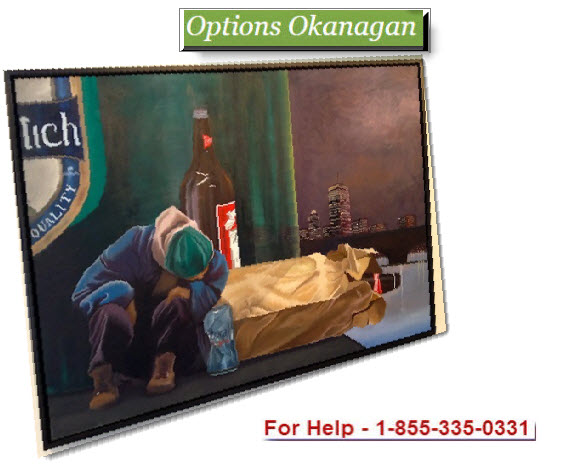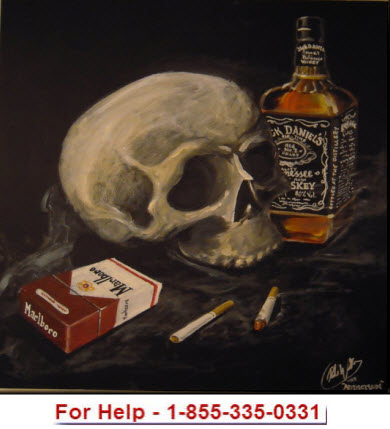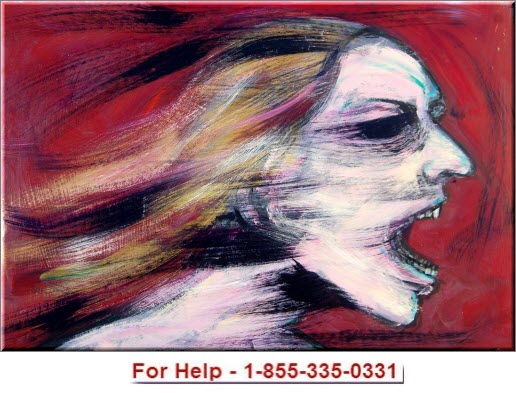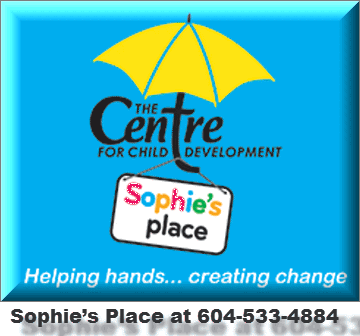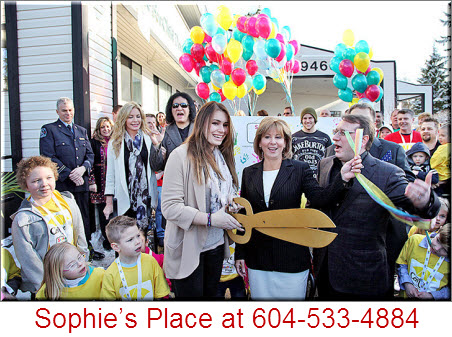Alcoholic Family Members Roles and Their Feelings, Thoughts and Emotions. – Kelowna, BC
Options Okanagan Alcohol Treatment Center
Toll Free Phone Number : 1-855-335-0331
Every member of the alcoholic family takes part in different roles and functions in the alcohol addiction. All roles in this dynamic serve a purpose and objective to continue the family chaos. Without having help and assistance, children will really feel obligated to fill certain roles, ongoing unhealthy patterns into their adult years because of a lack of and deficiencies in healthy family boundaries or limitations. Some specific alcoholic family roles consist of:

The Alcoholic – The person in the family with the alcohol addiction. Alcoholism does not happen or occur overnight, it is really a gradual process which starts sociably. When the alcoholic understands that they can avoid or prevent uncomfortable and unpleasant feelings by using alcohol, consumption of alcohol increases. Quickly, alcohol will become part of the alcoholic’s every day functioning and they cannot function without it.
The Enabler – The enabler helps the actual alcoholic continue the addiction of choice. By way of example, they will purchase alcohol and bring it to the home for the actual alcoholic. The motive or reason is to keep the alcoholic in the house instead of them going to the bar. The enabler will additionally cover up for the alcoholic’s behaviors, conduct and actions. For instance, he or she will call the actual alcoholic’s boss or employer to make excuses and reasons why the alcoholic is missing work. They will also excuse the alcoholics’ behavior and conduct. Limited protection is going to be offered to the kids, but the enabler’s loyalty and devotion is towards the actual alcoholic before the kids. The enabler believes and thinks that they are in control of the alcoholics drinking and behavior.

The Hero – This particular individual, typically the oldest child, changes places with the enabler when the actual enabler is unavailable. They are performance oriented along with being a high achiever. The family looks to this particular person as the one which will be successful and get out of the family dynamic. This particular child will look and search for ways to escape from the household through achievements and academe. Heroes are hard to love due to the fact these people appear tough, strong and like they need or require nothing or no one. This actual unhealthy and harmful cycle continues because heroes tend to be emotionally detached similar to their alcoholic parent.
The Scapegoat or Whipping boy – This child will identify with the alcoholic, although their hatred for their alcoholic parent will be frequently voiced. They will be the one to experiment with drugs or alcohol, proclaiming that they will never be like their alcoholic mother or father. An alcoholic parent uses this child like a distraction from their very own issues and problems with their spouse. This sends a direct message that the alcoholic parent dislikes this particular child. This child is the most likely to replicate the actual alcoholic parent’s pattern of alcohol or drug abuse.
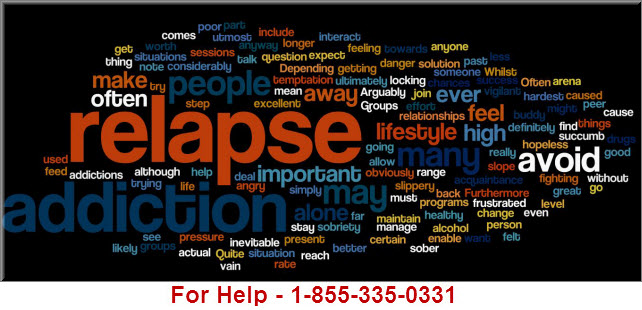
The Clown – This particular child will learn how to use humor like a defense mechanism in order to diffuse conflict. They learn to draw attention away from their parent’s arguments by causing a nuisance or even funny antics in the center of hostile situations and circumstances. In school, they are called the class clown or buffoon and are well liked by their classmates. Regrettably, they will carry on this defense mechanism through adulthood. They will never seem or appear serious as they are usually hiding behind the actual mask of humor.
The Lost Child – This particular child, occasionally the youngest or the quietest, is usually left alone inside the chaotic family dynamic. This child does not create or produce as much noise as the other siblings and as well as demands very little attention from the parents. The parents may assume that things are ok with this particular child since they are not acting like the other children. When this child gets older, feelings of emptiness will develop and build up from the lack of interaction and attention.

Even though these roles happen to be documented as distinct and unique children, it is quite possible for one child to experience various roles in their own lifetime. For instance, the hero in early childhood can easily get to be the scapegoat as a young adult once they fail out of school, experiments with alcohol or displeases their parents in whatever way.
Options Okanagan Alcohol Treatment Center
Toll Free Phone Number : 1-855-335-0331



